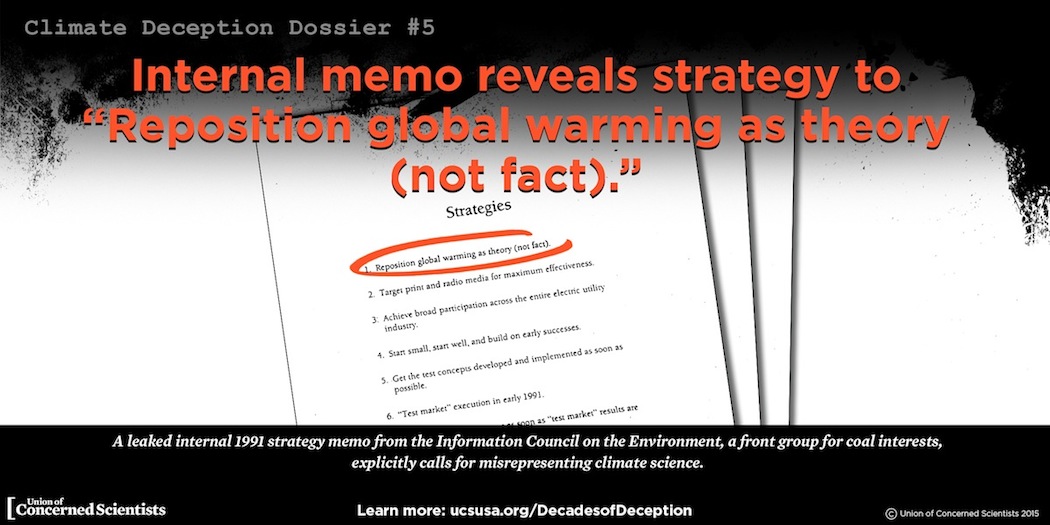Even though this series of blog posts concerns a prominent complaint filed in 2007 against the UK Channel Four Television Corporation video “The Great Global Warming Swindle,” my objective is to show how a thorough analysis of any given accusation about skeptic climate scientists being ‘paid industry money to lie’ shatters the accusation to bits no matter where the hammer strikes. Meaning, current efforts to use racketeering laws as a means to prosecute “climate change deniers.”
Today, an examination of a single-sentence claim within the complaint about fabricated names in the Oregon Petition Project (a claim widely repeated to this day, including a minor ‘supporting actor role’ in Naomi Oreskes’ documentary movie). The sentence should be devastating proof of how the petition is discredited …… Continue reading

